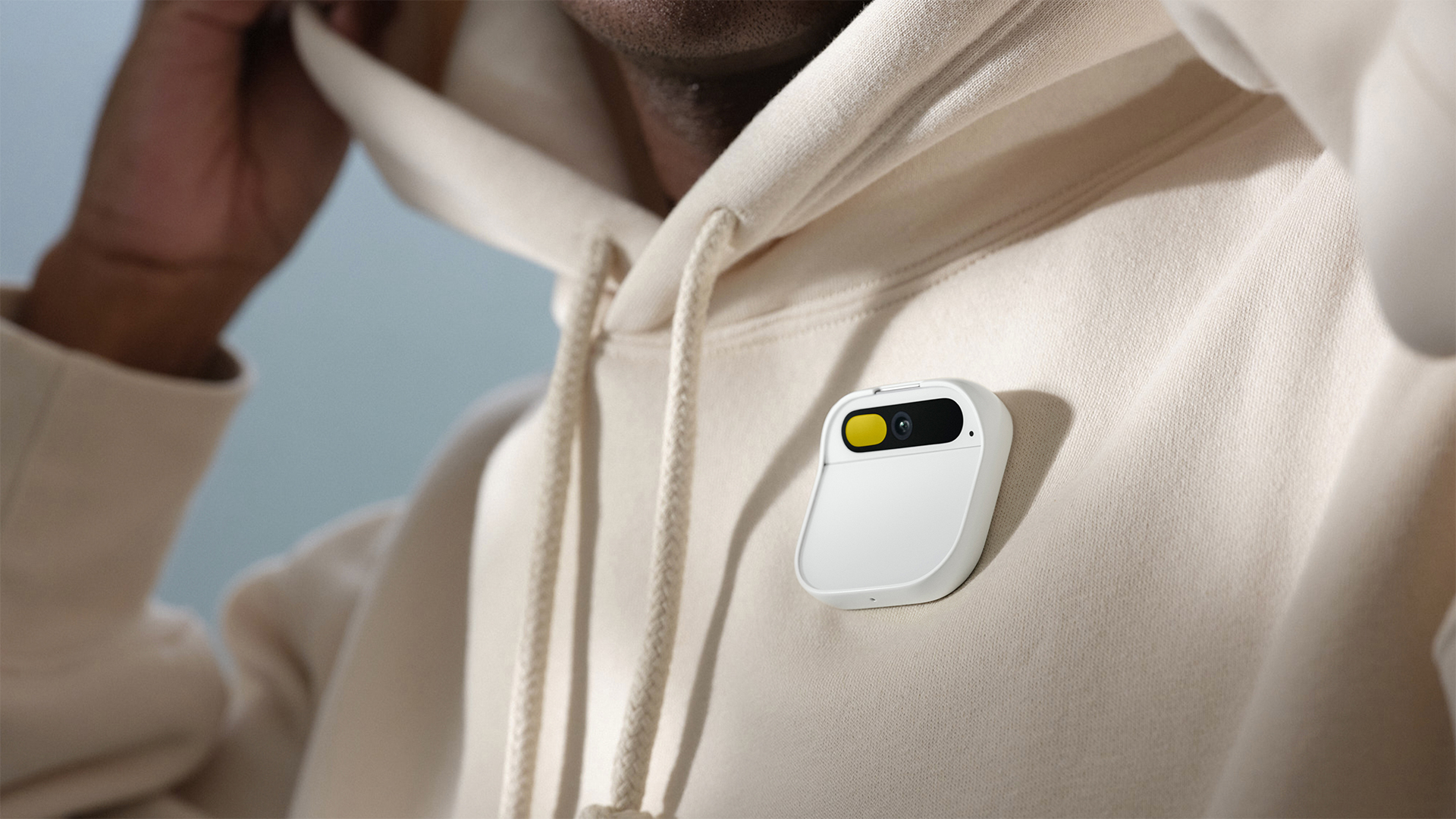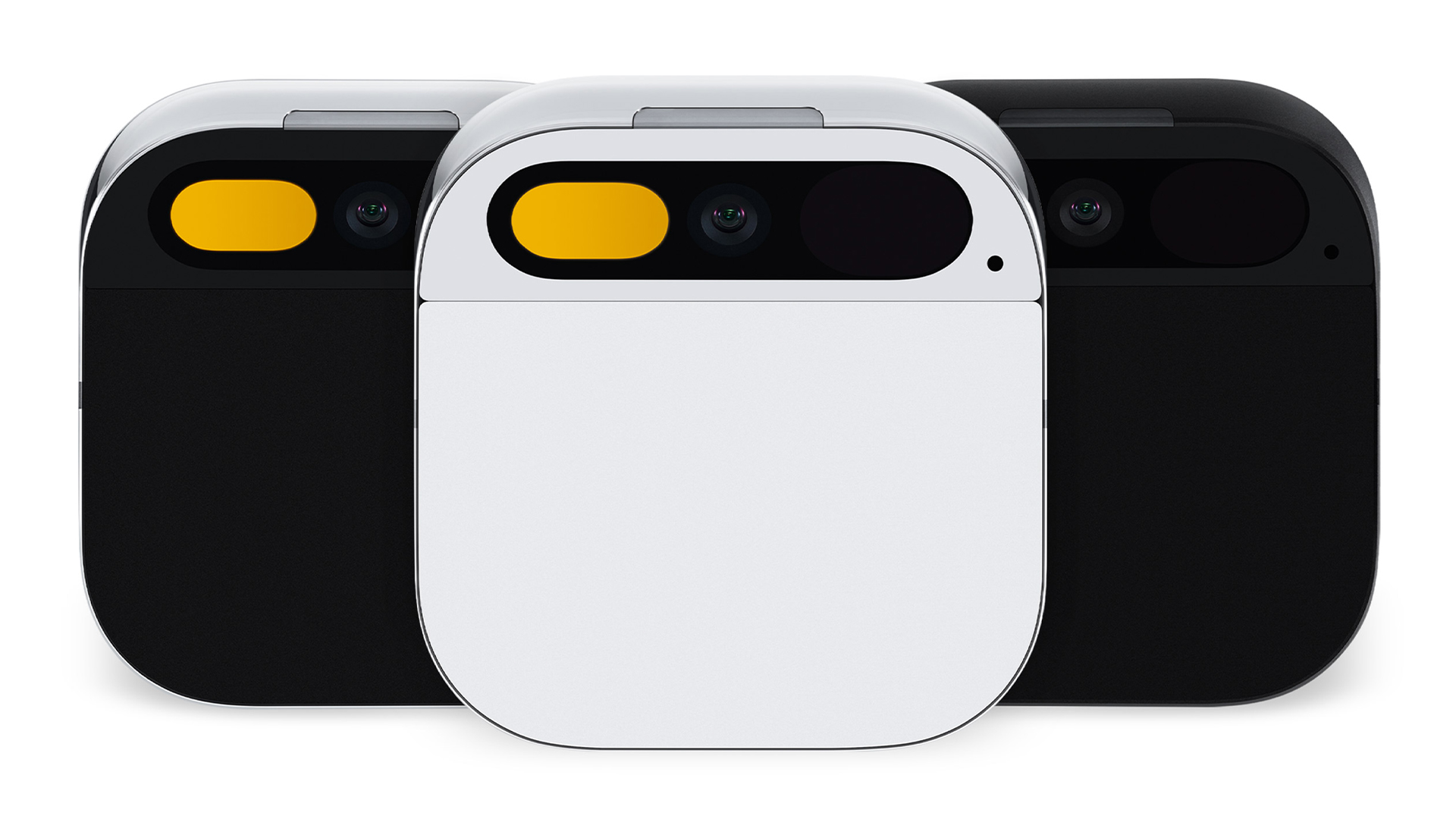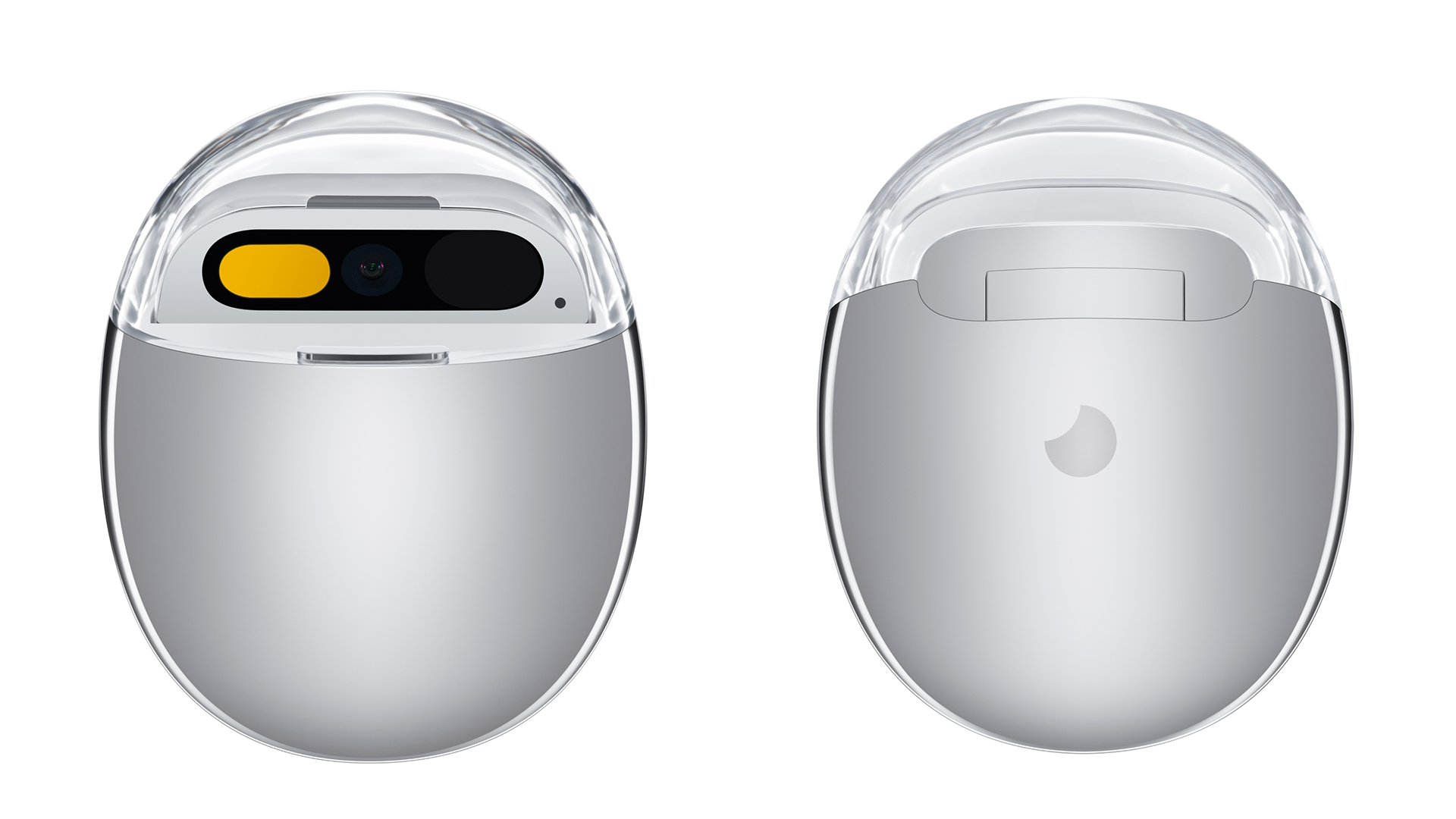
Humane has been teasing its mysterious Ai pin for what feels like forever but finally, we have some (loose) insight into what the device is all about. The small but potentially mighty device is attached to the wearer's front via a magnet and is set to revolutionise the way that we interact with technology – a worthy challenger against the reigning smartphone.
While more concise details about the device were revealed this Thursday, it's still a little unclear how it will transfer to the general consumer. Will this revolutionise the way that we use our personal devices and are we headed for a post-smartphone future? (There's still a while to wait before you can get your hands on Humane's AI pin, so take a look at our guide to the best Apple iPhone 15 prices for the latest deals).

The Humane Ai Pin has been called a "smart phone killer" for good reason, entering the tech market as an engaging competitor to the current climate of smart devices. For Co-founders Imran Chaudhri and Bethany Bongiorno, the device marks a shift in technology, taking us out of a hunched smartphone stupor into a world of integrated tech that will supposedly blend "seamlessly into the background of your life," as Chaudri shared in a TED Talk.
The design is sleek and looks straight out of a sci-fi movie without being audaciously space-age to the point of parody. Instead of a screen, the Ai Pin uses a laser projector to cast information onto the user's hand, and with the help of an operating system called Cosmos, user queries will be designated to various AI models based on context. With the tap of a finger or voice activation, the device allows users seamless control via a number of gestures – that's if we can adapt to using them first.
To me, what's most appealing about the device is the elimination of apps – a navigation system that's been engrained into our smartphone usage. With the Ai Pin, users can ask the device to play music, take photos, send messages and even offer nutritional advice by holding up a food item, all without the need to look down at a screen. Notably, the voice-controlled 'Catch Me Up' feature can efficiently summarise emails – another neat idea that stops us from becoming slaves to screen time.
While the conquest to banish the traditional phone screen is rooted in a positive mission, Humane's projector alternative has been met with some backlash surrounding its practicalities. With the ongoing adaptation of clearer high-res screens, it seems a little counterproductive to suddenly abandon the advancements that we've refined. Paired with the practicalities of lighting and personal anatomy, not everyone has the privilege of a smooth projector canvas.
Who needs high resolution AMOLEDs or 120Hz refresh rates when projecting content onto your hand looks this good? pic.twitter.com/KbDUnlqWkxNovember 10, 2023
I love AI, but I won't be buying the Humane AI pin for $699.The laser display doesn't look great and the camera quality is subpar.I don't want to walk around with it on my chest all the time.It doesn't do anything I can't easily do on my phone.I'll wait for AR glasses. pic.twitter.com/gOJ4vnONPkNovember 9, 2023
For those who are undeterred, the device is available for preorder on 16 November and will retail for $699. Users will also need to sign up for a Humane subscription costing $24, which assigns a new phone number and allows access to data services via the T-Mobile network. The device is set to ship in early 2024, so it'll be a while before we see Ai Pins out in the wild.
The latest announcement has certainly reignited excitement around the device but in the same vein, it feels a little underwhelming. Most of the content in the official announcement mirrored the previous information we've been fed and it's left me feeling a little disenchanted by it all. I think it's unfair to pass strong judgment until it hits consumer markets but for now, it's exciting to witness something out of a sci-fi novel come to life (even if I still hold some reservations).

For more wearable tech, check out Honor's purse phone that's definitely putting 'style' over substance, or take a look at Motorola's bendy phone watch that's one of the more 'unique' tech wearables I've seen.







